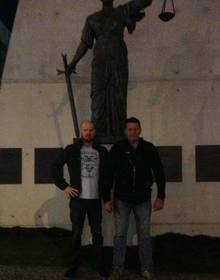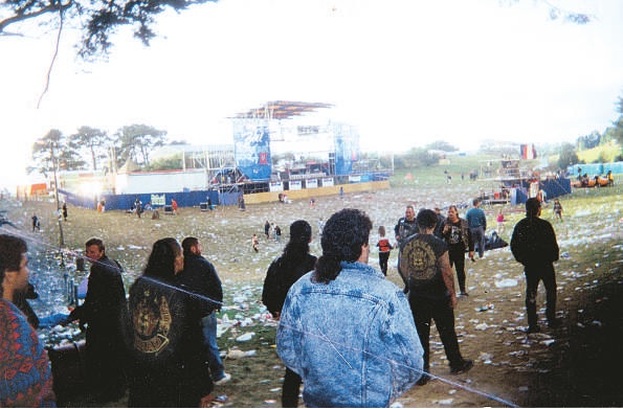 Corrections staff will be on high alert.
Corrections staff will be on high alert. It has been whispered that three Mongrel Mob prospects were present during the assault that lead to his death. A homicide inquiry is now underway. But it’s not just the state that is looking to exact justice. On many levels prisons run on their own rules.
Jails are full of violent men, but not full of violence. Those on long lags want to get on with their time with as little fuss and tension as possible. Prison leaders help enforce informal codes of conduct to ensure this happens. Then there are the exceptions.
Pride, small disputes that escalate, and gang rivalries are some of the many reasons violence can erupt. Often these events are small and go nowhere: a clean fight, a deserved hiding. Other times, back-up is a certainty. Utu becomes all-consuming. The prison becomes a place heavy with violence. In the small confines, its threat lingers like a thick mist and reverberates around the walls.
Sometimes violence is contagious. Most famously the devastating Mt Eden prison riot of 1965 sparked copycat, though comparatively minor, events around the country. Gang violence can similarly spread.
It is said that in the days following the fatal attack two prisoners connected with the Mongrel Mob were beaten up. The potential for snowballing violence is partially being realised.
Corrections staff will be taking every precaution to ensure the situation does not escalate further. As required, monitoring, long lockdowns and careful segregations are the order of the day.
Despite the rhetoric of some, prisons are not holiday camps. At times like this, that is only too clear. For prisoners and for staff.
In all of this, too, there is a grieving family. If they are lucky – and many are not – criminals, like non-criminals, have those who love them. These are people who often suffer through a prisoner’s crimes and who love them anyway.
In this instance, a close member of this man’s family has spent time in prison, too. One can only hope, perhaps, that grieving does not lead to more tragedy. And that justice is served by the courts and not in the prisons.
But again, prisons often run on their own rules.




 RSS Feed
RSS Feed